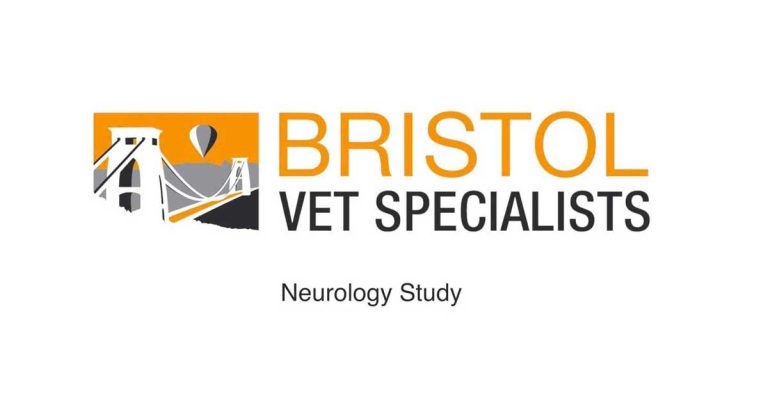28 Sept 2023
Dog owners, whose pets have suffered paralysis, are being actively recruited to take part in a trial of new technology which researchers hope could make it easier to predict how dogs will recover.

Vets in Bristol are leading a new study examining whether new ultrasound technology can help to predict dogs’ recovery from spinal cord injuries.
Dog owners, whose pets have suffered paralysis following a thoraco-lumbar spinal cord injury, are being invited to take part in a trial led by neurologists at Bristol Vet Specialists.
The study will apply an advanced piece of software known as shear wave elastography, which is contained within a new ultrasound machine at the practice, formerly known as Highcroft Veterinary Referrals.
The device will be used to measure the stiffness of a dog’s spinal cord during surgery, in order to establish whether it has any relationship with postoperative recovery and, if so, whether it has the potential to help provide a more accurate prognosis.
Although ultrasound can already be used in surgery on dogs with slipped discs, project leaders say there is currently no reliable way of knowing which dogs with more severe injuries will recover and which will not.
That can leave owners waiting for weeks, or even months, to see if there are any signs of recovery.
Nicolas Granger, the practice’s head of neurology and neurosurgery, said: “We hope that our research will pave the way to better predict recovery in these dogs in the future.”
The practice says participating dogs will be given a “gold standard” treatment for their injuries including surgery.
The ultrasound scan, which is expected to take around 15 minutes to complete, will take place during surgery with participants’ recovery to walking being monitored thereafter.
Anyone who would like to take part, refer a case or find out more is asked to email [email protected] or [email protected] or view a video on the study online.